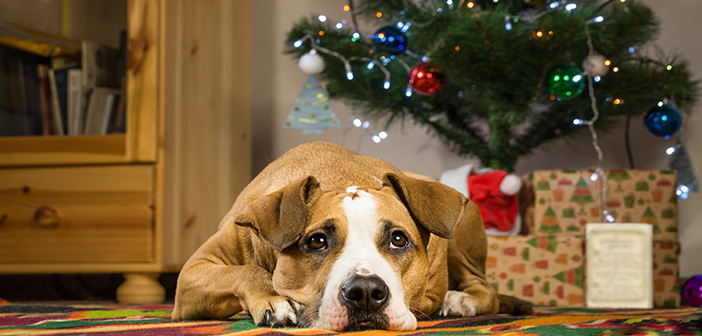With temperatures forecast to plummet in many parts of the country, the British Veterinary Association is advising pet owners to take extra precautions to protect their dogs, cats and other small pets from potentially fatal winter hazards.
As with humans, exposure to extremely cold temperatures for extended periods can cause illness in pets. To avoid this, vets are asking owners to consider putting a coat on old dogs or those with thin fur to keep them warm.
In the event of snow or ice it is also important to wipe dogs’ paws and belly on returning home to remove any traces of ice or grit, and to regularly check for cracks in paw-pads or for redness between the toes.
BVA president Justine Shotton said older cats should be kept inside during extreme cold snaps and even healthy, young cats must have easy access to shelter and warmth.
Cats are also especially at risk of antifreeze poisoning at this time of the year, which can be fatal even in small amounts. Over half (51%) of vets who treated toxic ingestion in cats over the 2019 festive period saw cases caused by antifreeze.
Owners with small pets, such as rabbits and guinea pigs living in outdoor hutches, should make sure that their pets’ living space is well-protected from snow, provide extra bedding for warmth and consider moving their pets inside during colder spells. Outside water bottles or bowls should be regularly checked for frost and ice.
Ms Shotton said: “Most of us will be wrapping up a little warmer over the coming weeks and it’s important to remember that freezing temperatures and icy conditions also call for extra precautions to protect pets.
“During the coldest months, dogs and cats need easy access to shelter and warmth, and while dogs will still need exercise, owners should take precautions to protect them from the cold.”
She added: “Antifreeze is a huge hazard for cats, so contact your vet immediately if you see signs of poisoning such as vomiting, depression, lack of coordination, seizures and difficulty breathing.
“Small pets, such as domestic rabbits and guinea pigs, are also vulnerable to hypothermia despite their warm coats, so owners should take steps to ensure any outdoor hutches are well protected from the snow, cold draughts and winter rain.”


